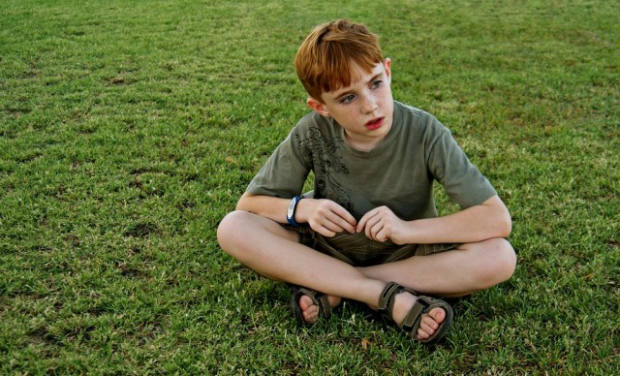Parents and other adults who go overboard praising children may be doing more harm than good, especially if a child has low self-esteem, a new study finds.
Researchers found that adults tend to give inflated praise to children with low self-esteem. However, while children with high self-esteem thrive on this type of praise, kids with low-self-esteem may withdraw from new challenges when adults over praise them.
“Inflated praise can backfire with those kids who seem to need it most – kids with low self-esteem,” Eddie Brummelman, lead author, a visiting scholar at Ohio State University in 2013, and a doctoral student in psychology at Utrecht University in The Netherlands, said in the news release.
For purposes of the study, the researchers defined inflated praise as that which involves the addition of adverb or adjective that embellishes the remarks. For instance, “you’re incredibly good at this” is inflated praise, while the simple phrase “you’re good at this” is non-inflated praise.
To determine the impact of inflated praise, the investigators conducted a set of studies that involved 240 children. First the children were given a test to determine their self-esteem. In the second part of the study, 114 parents – 88 percent mothers – administered 12 timed math exercises at home and then scored how well their child did. The sessions were videotaped, and the researchers were not in the room.
The researchers analyzed the tapes to determine how many times parents praised their child using inflated phrases. Results showed that parents praised their children six times during the session and about 25 percent of the praise was inflated. “Super good” and “fantastic” were among the most commonly used inflated praise statements.
Of particular importance was the observation that parents gave more inflated praise to children with low self-esteem than to children with high self-esteem.
In the final part of the study, the children were asked to draw the Van Gogh painting Wild Roses. They then received inflated, non-inflated, or no praise in a note from a “professional painter.” After receiving their notes, the children were asked to choose and draw copies of other pictures of varying difficulty.
The research team found that the kids with low self-esteem were more likely to choose the easier pictures if they received inflated praise, while the kids with high self-esteem tended to tackle the more difficult pictures after receiving inflated praise.
“If you tell a child with low self-esteem that they did incredibly well, they may think they always have to do incredibly well,” explained Brummelman. “But it really isn’t helpful to give inflated praise to children who already feel badly about themselves.”
The researchers recognize that their findings appear to be counterintuitive, but suggest their findings show that simple, straightforward praise works best with kids who have low self-esteem.
“Parents seem to think that children with low self-esteem needed to get extra praise to make them feel better,” said co-author Brad Bushman, PhD, a professor of communication and psychology at Ohio State.
“It’s understandable why adults would do that, but we found … that this inflated praise can backfire in these children,” added Bushman.








